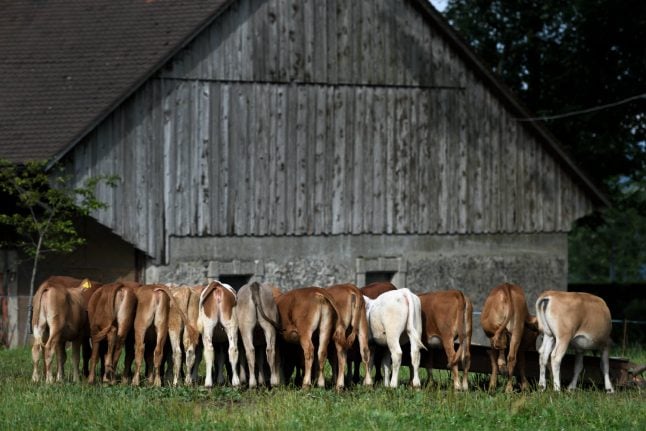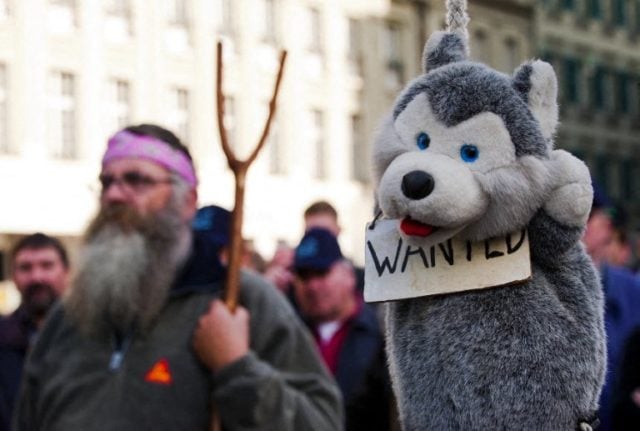Voters rejected two schemes linked to agriculture and food security, as well as protection for Swiss farmers against cheap food imports.
The final results showed that 61 and 68 percent of voters respectively rejected the “Fair Food” and “Food Sovereignty” initiatives.
Read also: What you need to know about Switzerland's two food referendums
The “Food Sovereignty” initiative, which had the backing of Switzerland's powerful farmers' union, had among other things called for turning a moratorium on genetically modified organisms (GMO) into a total ban.
Early polls had suggested strong backing for both initiatives, but support fell after the government, parliament and other opponents argued they could send prices skyrocketing, limit consumer choice and might violate Switzerland's international trade obligations.
Geneva and three other French-speaking cantons supported both initiatives, but the German-speaking part of the country voted massively against them.
Also on Sunday, Swiss voters overwhelmingly backed a proposal to enshrine support for cycling in the constitution.
All 26 cantons and nearly 74 percent of voters came out in favour of adding an article to the constitution giving federal authorities more responsibility for developing cycling paths across the country.
The text meanwhile only provides federal authorities with the possibility of stepping in on matters related to promoting cycling without obliging them to do so, and the cantons are expected to remain largely in charge.
The national votes this time failed to garner much excitement, resulting in below-average turnout, with only 37 percent of eligible voters casting their ballots.
READ ALSO: Swiss region of St. Gallen overwhelmingly votes for 'burqa ban'



 Please whitelist us to continue reading.
Please whitelist us to continue reading.